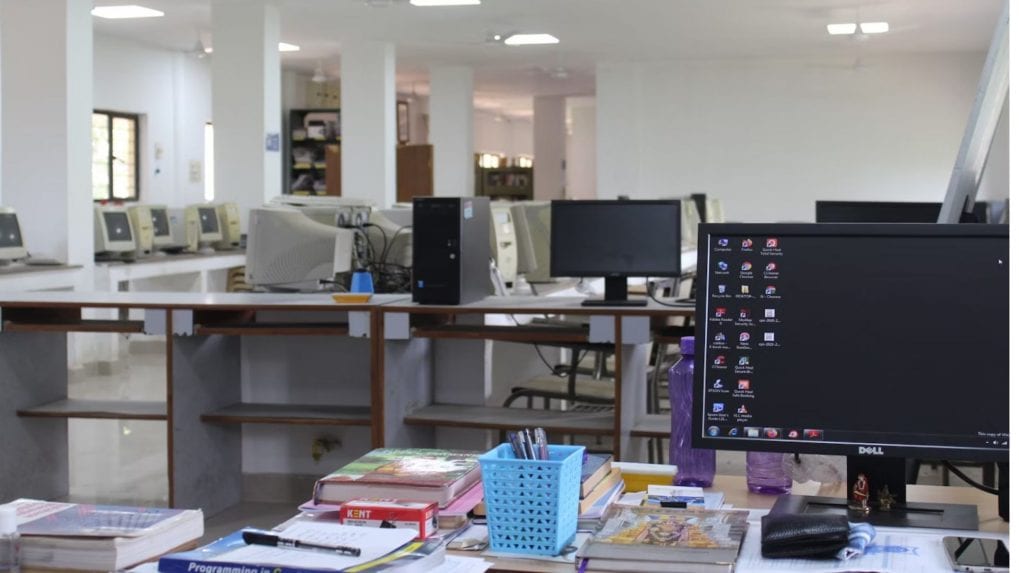Kerala pioneers 'Right to Disconnect' law: Private sector employees gain legal shield against after-hours work demands
The core of the bill is the legal right for private sector employees to stop responding to work-related digital communications—such as calls, emails, texts, or meetings once their designated office hours are over.
ADVERTISEMENT
Kerala is poised to become the first Indian state to legislate a 'Right to Disconnect,' a move set to significantly reshape private sector workplace culture. The proposed Right to Disconnect Bill 2025 is designed to legally shield employees from the expectation of being 'always on call' outside of their official work hours.
Protection of Personal Time
The core of the bill is the legal right for private sector employees to stop responding to work-related digital communications—such as calls, emails, texts, or meetings once their designated office hours are over.
No Penalty: Employees can ignore digital communications sent after work hours without fear of facing penalties, demotion, or termination.
Log-off Freedom: The law formalizes the right for employees to genuinely log off after their scheduled workweek is complete.
Vacation Shield: Crucially, the regulations prohibit work-related communications from interfering with personal time, vacations, or breaks, allowing workers to relax and rejuvenate stress-free.
Enhancing Work-Life Balance
This legislation is a direct response to the 'always being on call' mentality, which has increasingly blurred the lines between work and personal life in digital workplaces.
Stress Mitigation: By clearly defining the boundaries of the workday, the bill is expected to mitigate stress and prevent burnout.
Increased Productivity: Lawmakers believe that rested employees will return to work more motivated, focused, and productive, ultimately fostering a better workplace culture where personal time is equally valued.
Formal Agreements: The law summary states that firm agreements will be established to clarify the official workday and the hours beyond which work-related communication can cease.
Strengthened Implementation and Grievance Redressal
To ensure the law is effectively implemented, a robust mechanism is being established at the district level.
New Committees: A Private Sector Employment Grievance Redressal Committee will be set up in every district.
Official Oversight: This committee will be chaired by the regional joint labour commissioner, ensuring a dedicated body to address violations and employee grievances.
Read more:Bengaluru founder defends call for 80-hour workweeks, says youth should ‘push limits’


